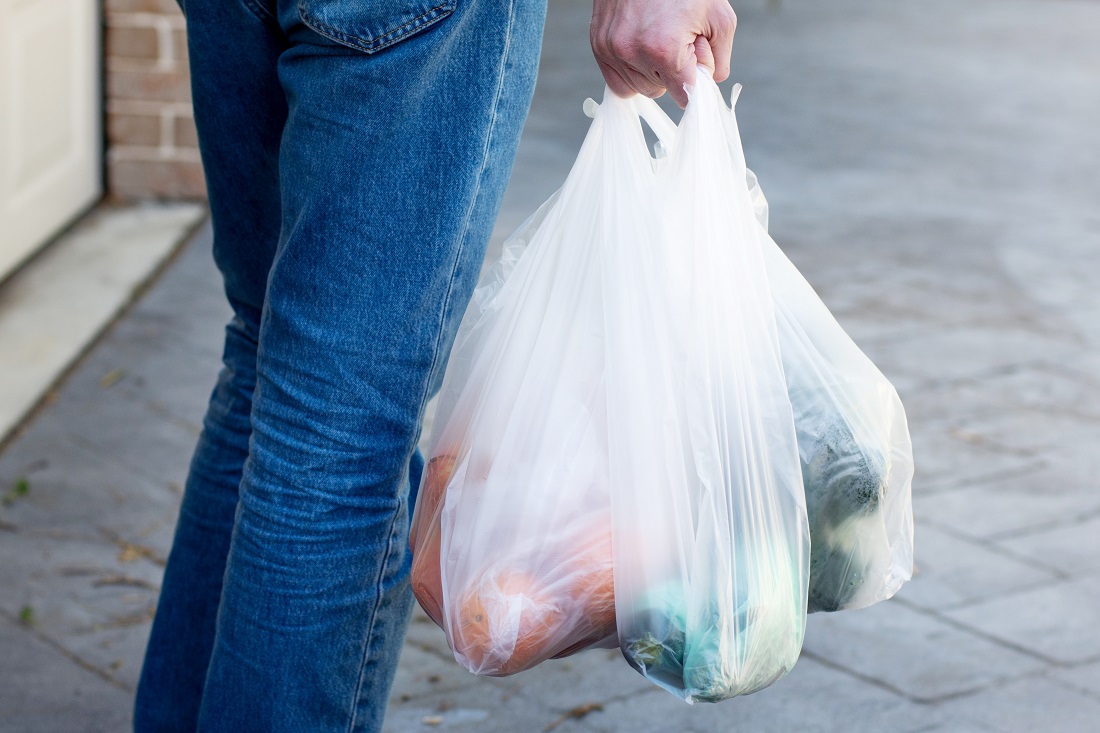
People have made lubricating base stocks from whale blubber, crude oil, plant oils, used lubricants and sugar. Now a team of U.S. researchers says it has produced them from recycled plastic bags.
In a process dubbed upcycling, scientists from two national laboratories and several universities claimed to have developed a technique for processing single-use polyethylene bags into high quality liquid products, specifically lubricating oils and wax.
The group, led by Gokhan Celik and Robert M. Kennedy of the Chemicals and Engineering Sciences Division of the U.S. Department of Energys Argonne National Laboratory in Lemont, Illinois, discussed their work in a paper published in the Oct. 23 issue of the American Chemical Society’s ACS Central Science. They described their achievement as a step toward a possible solution to the growing problem of plastic waste.
“The downside [to the proliferation of cheap, useful polyethylene] is the massive quantity of waste, pollution and lost-value associated with single-use plastics,” they wrote.
Other researchers have made similar attempts to recycle polyethylene by undoing some of the chemical reactions involved in its manufacture. According to the article by Celik and his colleagues, results of those efforts were mixed because the by-products of their reactions included a broad spectrum of molecules, which therefore were considered low quality.
The achievement of Celik’s group was to develop a catalytic hydrogenolysis process that yields a highly uniform stream of liquid hydrocarbons. The key, they said, was the use of a catalyst made of platinum nanoparticles and strontium titanate, which at moderate temperatures and pressure was able to break carbon-to-carbon bonds of polyethylene.
The ACS article did not provide details about the characteristics of the lubricating oils produced by their process except to say that they could be used to manufacture engine oils. Base stocks and waxes hold higher value than products made by existing plastics recycling programs, the researchers said – high enough to incentivize wide-scale recycling of plastic bags.
New catalytic hydrogenolysis that could affect the mean molecular weight and provide a narrow molecular distribution of products would allow access to such materials from polyolefin wastes, allowing this feedstock to be part of the circular economy, they wrote.
The researchers concluded that additional work is needed before the process could be commercialized.
In addition to Gokhan and Kennedy, the research team included Ryan A. Hackler, Magali Ferrandon and Massimiliano Delferro, all from Argonne; Akalanka Tennakoon, Smita Patnaik, Frederic A. Perras, Marek Pruski and Aaron D. Sadow of DOEs Ames Laboratory in Ames, Iowa; Anne M. LaPointe, of Cornell University’s Department of Chemistry and Chemical Biology in Ithaca, New York; Salai C. Ammal and Andreas Heyden, of the Chemical Engineering Department at South Carolina University in Colombia, South Carolina; Susannah L. Scott of the Chemical Engineering Department at the University of California at Santa Barbara, in Santa Barbara, California; and Kenneth R. Poeppelmeier, of Northwestern University’s Department of Chemistry in Evanston, Illinois.